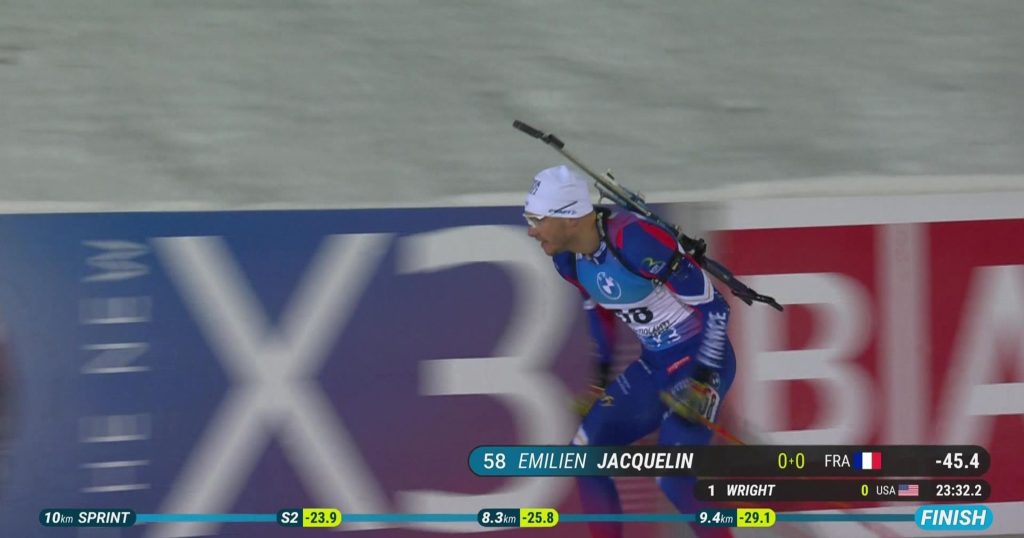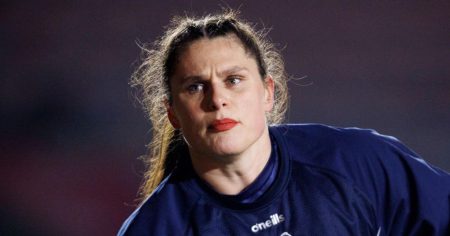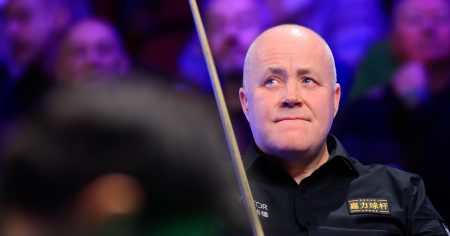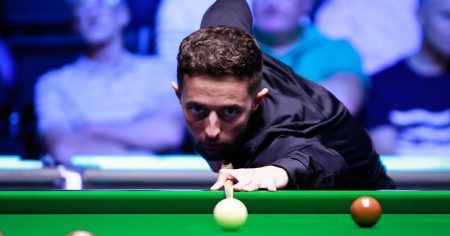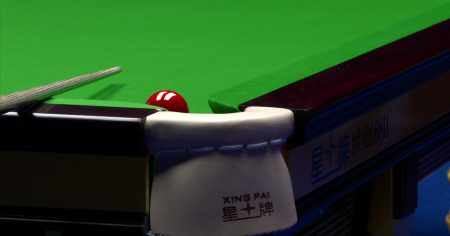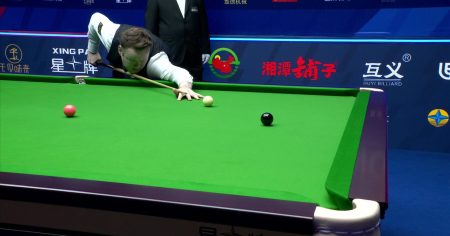The crisp air of Kontiolahti, Finland, vibrated with the echoes of rifle shots and the rhythmic swish of skis as Emilien Jacquelin of France powered his way to victory in the men’s 10km sprint. The race, a crucial leg of the Biathlon World Cup, showcased not only Jacquelin’s exceptional skiing prowess but also his laser-sharp accuracy on the shooting range, a combination that ultimately propelled him to the top of the podium. He outpaced a field of world-class competitors, including Sweden’s Sebastian Samuelsson, who secured a commendable second place, demonstrating the high level of competition and the razor-thin margins that often define these thrilling biathlon events. This victory marked a significant moment in Jacquelin’s career, solidifying his position as a force to be reckoned with on the biathlon circuit.
The Kontiolahti course, known for its demanding terrain and challenging shooting conditions, provided a fitting backdrop for this dramatic showdown. Jacquelin navigated the undulating tracks with fluidity and power, maintaining a relentless pace that kept him in contention throughout the race. His ski speed, a critical component in biathlon success, allowed him to minimize time lost between shooting stages, a crucial advantage in a sport where seconds can separate victory from defeat. The challenging shooting range, exposed to the vagaries of wind and weather, tested the nerves of even the most seasoned competitors. Yet, Jacquelin demonstrated remarkable composure, hitting his targets with precision and efficiency, minimizing penalty loops and ultimately securing his triumph.
The victory wasn’t merely a testament to Jacquelin’s individual brilliance; it also highlighted the strength and depth of the French biathlon team. Their meticulous preparation, coupled with a supportive team environment, undoubtedly played a crucial role in Jacquelin’s success. Biathlon, demanding both physical and mental fortitude, requires a holistic approach to training, encompassing everything from ski technique and shooting accuracy to strategic race planning and psychological resilience. Jacquelin’s performance showcased the effectiveness of the French team’s training regimen and their ability to nurture talent and produce world-class athletes capable of performing at the highest level.
Sebastian Samuelsson, the silver medalist, delivered a similarly impressive performance, showcasing his own skiing prowess and shooting accuracy. He pushed Jacquelin to the limit, keeping the race tense and exciting until the very end. While he ultimately fell short of the top spot, his second-place finish underscored his own remarkable abilities and solidified his position as a leading contender in the biathlon world. Samuelsson’s performance highlighted the competitive nature of the sport, showcasing how even slight variations in skiing speed or shooting accuracy can dramatically impact the final outcome. His result also brought honor to the Swedish biathlon team, demonstrating their commitment to developing and supporting elite athletes.
The men’s 10km sprint in Kontiolahti served as a microcosm of the broader world of biathlon, encapsulating the elements that make the sport so captivating. It showcased the blend of physical endurance, technical precision, and mental resilience required to excel in this demanding discipline. The race highlighted the importance of strategic pacing, efficient transitions between skiing and shooting, and the ability to perform under pressure. It also underscored the crucial role of teamwork, coaching, and support staff in nurturing athletes and maximizing their potential. The dramatic finish, with Jacquelin narrowly edging out Samuelsson, provided a thrilling spectacle for fans and a testament to the competitive intensity of biathlon at the highest level.
This victory for Jacquelin serves as a springboard for future competitions and adds another chapter to the ongoing narrative of the biathlon season. The results from Kontiolahti will undoubtedly influence the rankings and standings, shaping the dynamics of upcoming races and adding another layer of intrigue to the overall competition. It will be interesting to see how Jacquelin carries this momentum forward, whether he can maintain his winning form, and how his rivals respond to his recent success. The biathlon world is dynamic and unpredictable, with fortunes often shifting dramatically from race to race. The competition in Kontiolahti provided a snapshot of the current state of the sport, showcasing the talent, dedication, and fierce competitiveness that define this thrilling winter sport. The stage is now set for the next chapter, with athletes, coaches, and fans alike eagerly anticipating the unfolding drama of the biathlon season.




